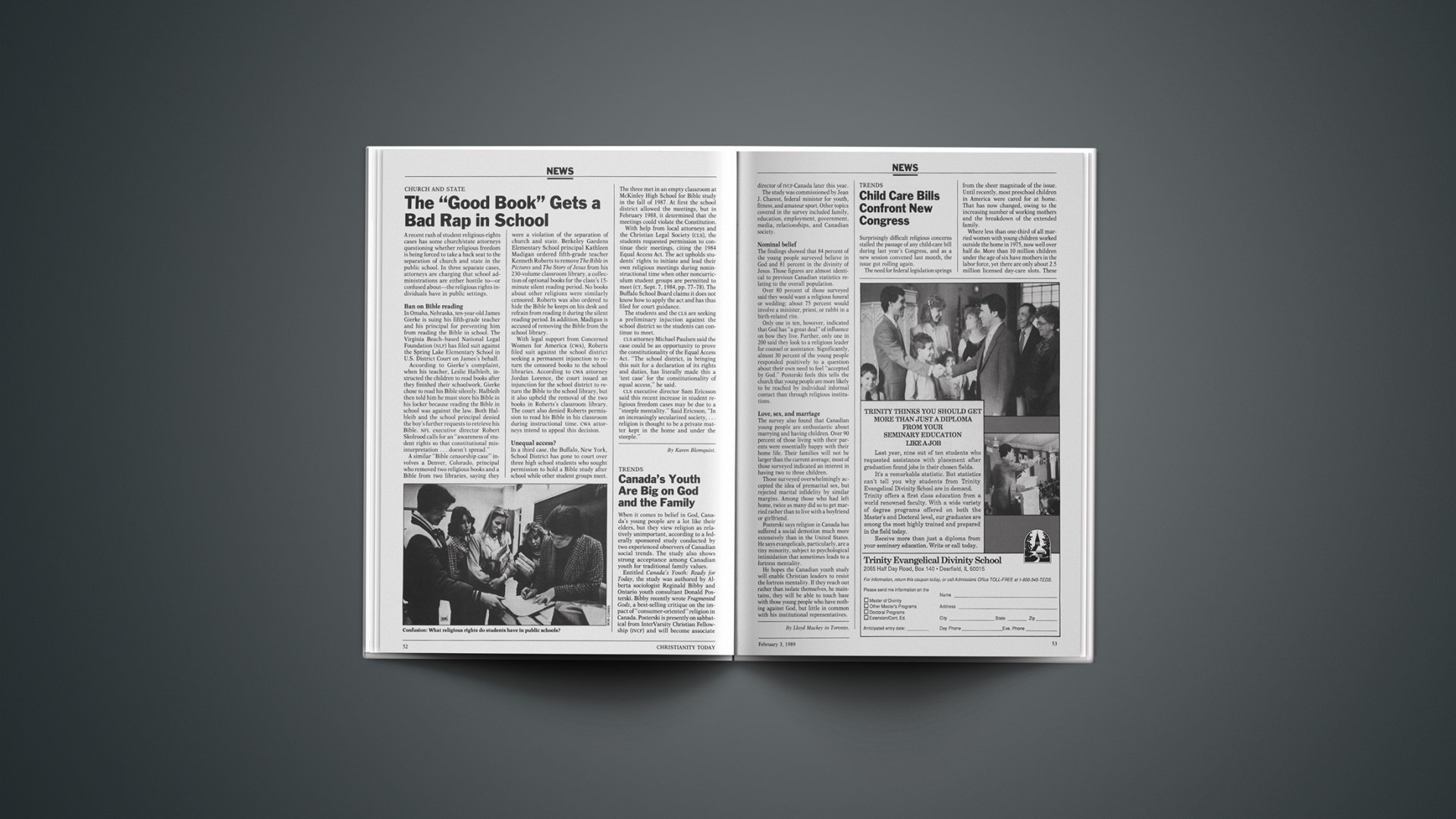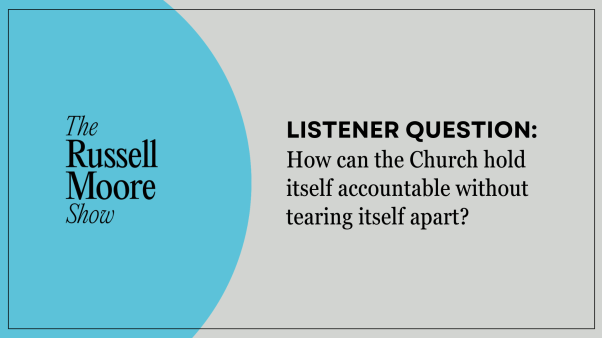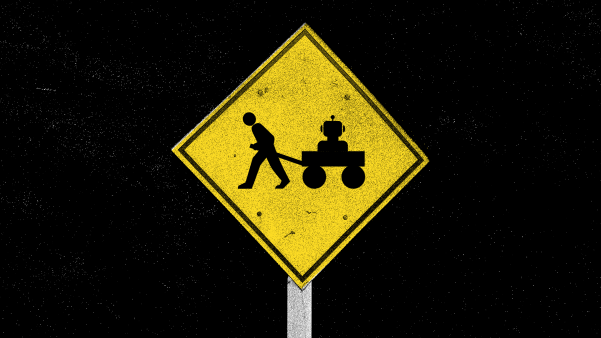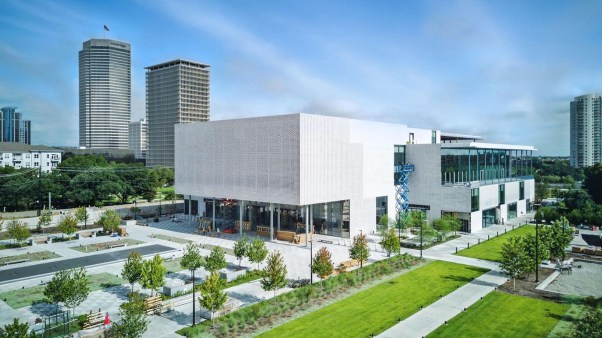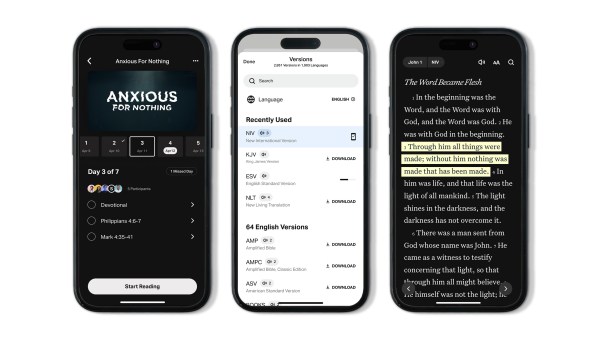Japanese Christians joined their fellow citizens in honoring Emperor Hirohito, Japan’s longest-reigning monarch, who died on January 7. And early indications suggest the nation may not experience a rejection of religious freedom, as was once feared by Christians.
During the several months that Hirohito lay gravely ill, there was speculation that ceremonies surrounding an imperial funeral and a possible two-year period of mourning would unleash a flurry of nationalistic fervor.
Responding to those concerns, the Japanese Evangelical Association (JEA) issued a public statement prior to Hirohito’s death, saying “the government does not have the authority to impose upon citizens a uniform manner in which condolences must be expressed.”
The statement also expressed fears that the funeral ceremony might push the nation in the direction of its Shinto roots, but a Foreign Ministry official noted that the funeral, scheduled for February 24, will actually include two ceremonies: one conducted by the Imperial Household, with Shinto traditions, and a second ceremony without religious overtones. Observers feel the government will try to keep all the ceremonies surrounding Hirohito’s death distinct from previous ceremonies when Shinto was the state religion.
Still, the subtleties of honoring the former emperor and entering a new reign trouble some Christians. For example, Hirohito’s son, Crown Prince Akihito, was installed as the new emperor in a ceremony that reportedly drew criticism from some Christian leaders because it was held in the presence of government officials. Both Shinto and state ceremonies will most likely be paid for by the government, which further clouds the church-state issue.
Most observers, however, say it is still too early to determine just what effect the emperor’s death will have on Japan’s religious climate.

